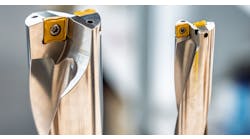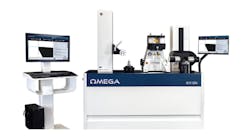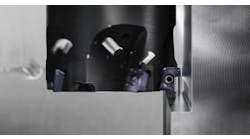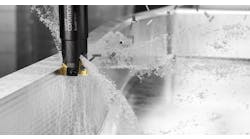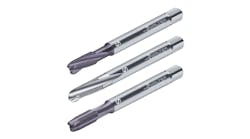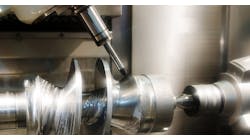Gerard Vacio, Workholding Product Manager at BIG Kaiser Precision Tooling has some advice for shops trying to cope with the constantly changing North American manufacturing market. He feels manufacturers should only implement a production process when they feel they can:
• Achieve a zero scrap rate.
• Require little to no operator part handling.
• Minimize dedicated tooling expenses.
• Require little to no downtime for production changeovers.
• Efficiently process any batch size.
Also, going lean, eliminating waste and reducing costs are a must. The ability to eliminate waste is an almost universal requirement for persons seeking positions as senior manufacturing engineers and manufacturing managers. For example, consider this recent help-wanted ad for a manufacturing engineering manager:
“Job description: Investigate and resolve manufacturing problems through the direction and deployment of manufacturing engineering to optimize product performance while minimizing cost. Conduct studies related to design, production methods and equipment to recommend improvements to optimize product performance while minimizing cost. Monitor and report on cost reductions resulting from improved methods that improve profit margins.”
The critical importance to overall shop performance of often overlooked tooling, workholding and accessories considerations can be illustrated by a race-car analogy. If your machine tool is your race car and your NC programming department is your race car driver, purchasing expensive machine tools and programming systems will put you in a better position to win the race. However, if you do not properly fund your pit crew by spending adequately on tooling, workholding and accessories, you might spend all of your time in the pits. Auto racing is a lot easier than running a machine tool because auto races eventually end. Manufacturing today is like running 24 hours at Daytona every day of the week, every week of the year.
